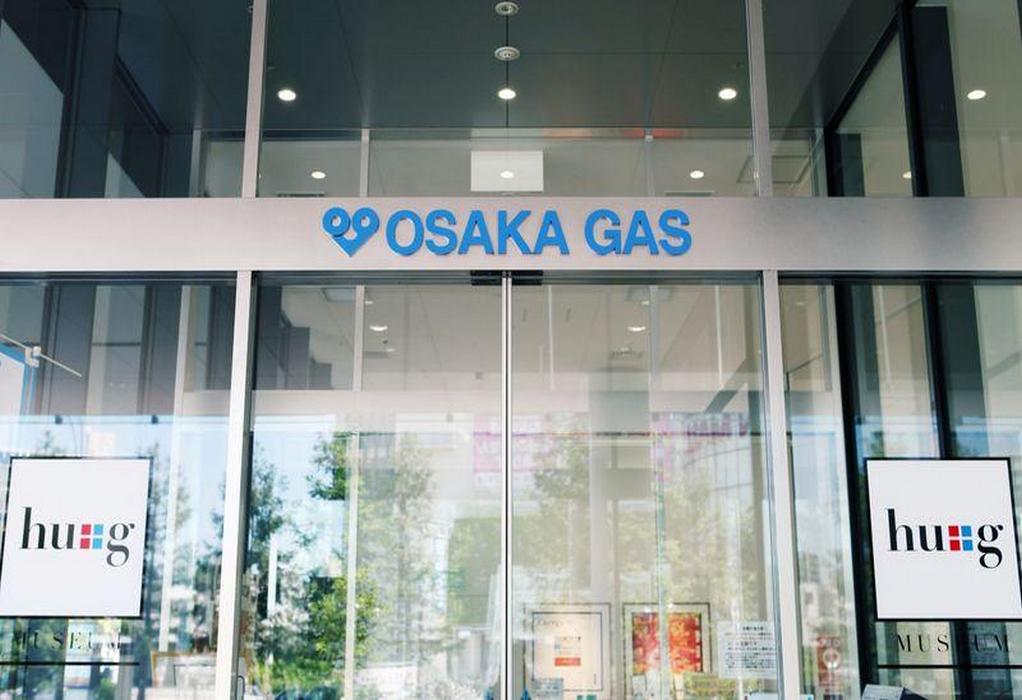Osaka Gas Co Ltd said it will provide technical support for a $10.75 billion green hydrogen project in the Australian outback and will consider potential investment in future.
The Desert Bloom Hydrogen project, backed by Singapore-based Sanguine Impact Investment Group, will use a unique technology to suck water out of the air and solar power to split the water to make green hydrogen – hydrogen generated by renewable energy – in the Northern Territory’s desert.
Osaka Gas has agreed to contribute project management, engineering and technical support for the project, manage hydrogen sales and negotiate with equipment manufacturers, the project’s developer, Aqua Aerem, said.
If it goes ahead as planned, the project could be the first producer of green hydrogen in Australia, planning to start up in 2023, while a raft of other projects is still running feasibility studies.
Desert Bloom will start small, using Aqua Aerem’s 2-megawatt production units, which the company says can generate water from the air, and produce heat, renewable electricity and green hydrogen.
The initial work, which the company said in December would cost A$1 billion ($743 million), will produce 1,000 kg/day of hydrogen, or 2% of the project’s full stage 1 target.
Eventually, to get to its target of 410,000 tonnes a year of hydrogen for local use and exports, the project will scale up to 4,000 modular units, driving down production costs.
The Northern Territory government awarded the project “major project” status in December, putting it on a fast track for obtaining approvals.
Source: Reuters
Tags: Australia, Green Hydrogen, Japan, Osaka Gas, Singapore



Recent Posts
Scandlines Nears Delivery of Zero Emissions Ferry Following Successful Sea Trials
India faces emission roadblocks with rising net-zero demands
Green Energy Resources invests in two electric Liebherr LHM 550
NYK Launches Continuous Use of Bio LNG Fuel on Car Carriers to Advance Decarbonization Goals
Yang Ming Expands Fleet with Methanol and LNG Dual-Fuel Vessels Under Fleet Optimization Plan
ClassNK Advocates Speed Gap Monitoring to Optimize Fuel Efficiency in Heavy Weather
Wärtsilä’s retrofit package for the Corsica Linea ferry Pascal Paoli has resulted in fuel savings of up to 22 percent Corsica Linea
COSCO Shipping Names Second Methanol Dual-Fuel Containership in Yangzhou